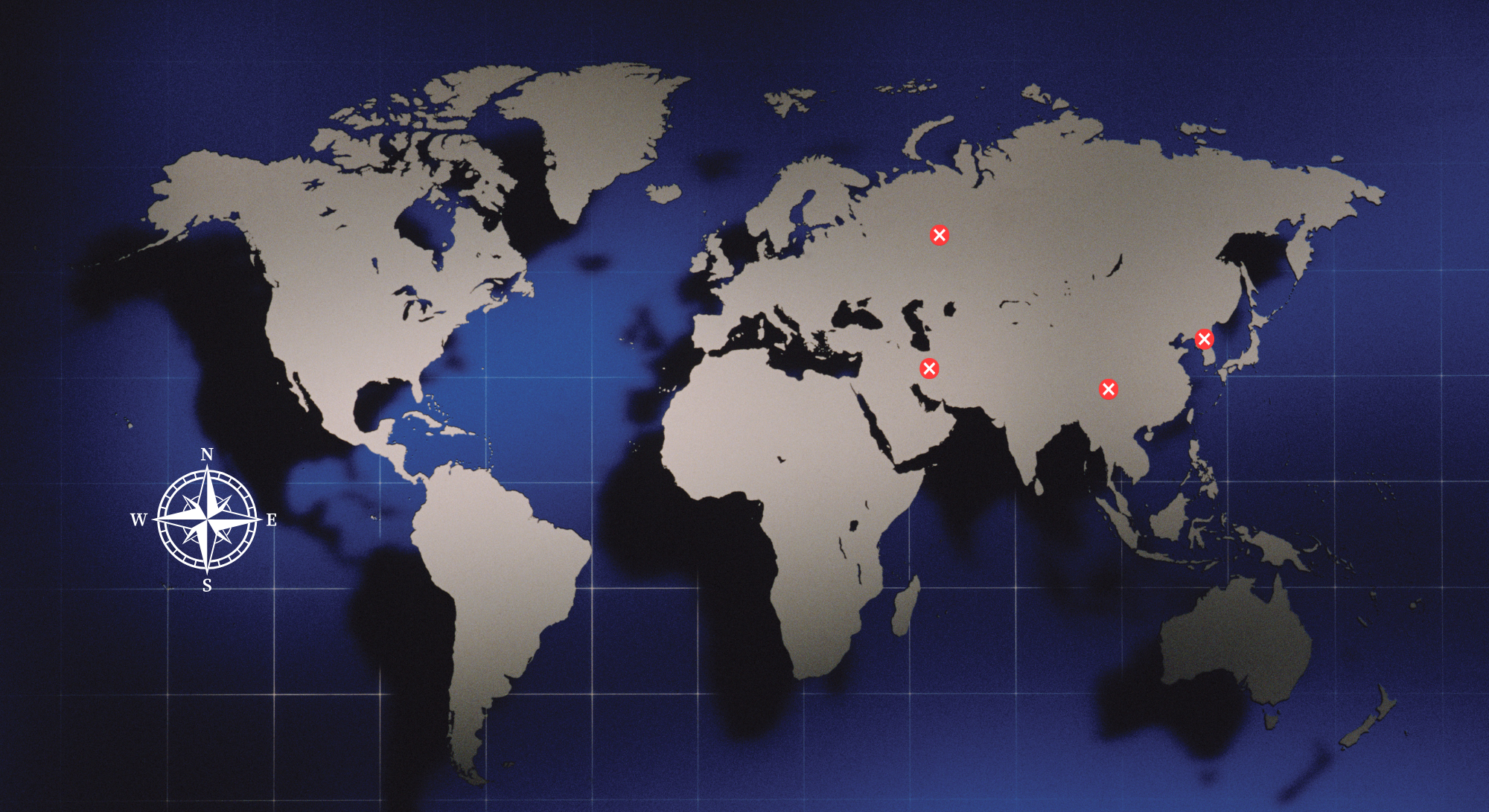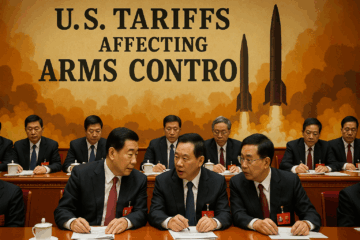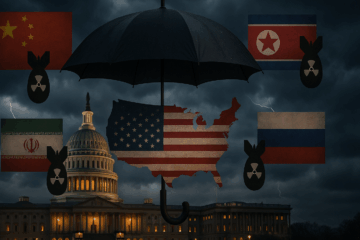ICBM EAR Summary for the Week of October 25th, 2024
Key Essays:
- Extended Deterrence and No First Use Policy:
- The Nobel Peace Prize was awarded to Nihon Hidankyo, emphasizing nuclear abolition.
- The U.S. policy of extended deterrence involves the potential use of nuclear weapons in response to conventional, biological, or chemical attacks.
- The Biden administration considered a “No First Use” policy, which could undermine the U.S. extended deterrent strategy.
- Nuclear Security Challenges:
- The U.S. faces nuclear threats from China, North Korea, Russia, and Iran.
- Significant investments in both conventional and nuclear forces are necessary.
- The U.S. must address the coordinated campaign of unrestricted warfare by these nations.
- Cost of Nuclear Modernization:
- The U.S. plans to spend $1.7 trillion over the next 30 years on nuclear deterrence.
- Modernization is essential to replace aging systems like the MMIII ICBMs, B52 and B2 bombers, and Ohio-class submarines.
- The annual cost of modernization is around $19 billion, which is 3.5% of the current defense budget.
Quotes of the Week:
- “President Zelenskyy says Ukraine expects N. Korean troops to be deployed in battlefield in few days” and also sees the choice between joining NATO or going nuclear.
- Congressman Don Bacon: Emphasized the need to strengthen U.S. nuclear command and control due to the Russia-China alliance.
- Sen. Mike Rounds: Highlighted the importance of preparing for the B-21 stealth bomber at Ellsworth AFB.
- Noah Robertson: Reported on China’s rapid nuclear arsenal expansion.
- Wang Zhen: Criticized the U.S. for misrepresenting China’s nuclear development.
Strategic Developments:
- Iran’s Nuclear Ambitions: Some essays support Iran acquiring nuclear weapons to establish deterrence against the U.S. and Israel.
- China’s Nuclear Strategy: China maintains a minimum deterrent strategy and proposes a “No First Use” treaty.
Budget Comparisons:
- Medicaid Costs: The cost of Medicaid to illegal aliens over three years is $16.2 billion, nearly equal to the annual cost of U.S. nuclear modernization platforms for FY25 ($16.4 billion).
Important Commentary:
- AEI Essay: Urges the next U.S. president to address the aging nuclear arsenal and consider stop-gap measures to mitigate long-term issues.
- Chinese Disarmament Stance: China calls for the U.S. to stop misrepresenting its nuclear policy and emphasizes its no-first-use stance.
To read the report visit the Global Security Review ICBM EAR report.
About the Author

Peter Huessy
Mr. Peter Huessy is President of his own defense consulting firm, Geostrategic Analysis, founded in 1981, and through 2021, Director of Strategic Deterrent Studies at the Mitchell Institute on Aerospace Studies. He was the senior defense consultant at the National Defense University Foundation for 22 years. He was the National Security Fellow at the AFPC, and Senior Defense Consultant at the Air Force Association from 2011-2016.
Mr. Huessy has served as an expert defense and national security analyst for over 50 years, helping his clients cover congressional activities, arms control group efforts, nuclear armed states actions, and US administration nuclear related policy, budgets, and strategies, while monitoring budget and policy developments on nuclear deterrence, ICBM modernization, nuclear arms control, and overall nuclear modernization.
He has also covered nuclear terrorism, counterterrorism, immigration, state-sponsored terrorism, missile defense, weapons of mass destruction, especially US-Israeli joint defense efforts, nuclear deterrence, arms control, proliferation, as well as tactical and strategic air, airlift, space and nuclear matters and such state and non-state actors as North Korea, China, Iran, Syria, Venezuela and Hezbollah, Hamas, and Al Qaeda. This also includes monitoring activities of think tanks, non-governmental organizations, and other US government departments, as well as projecting future actions of Congress in this area. His specialty is developing and implementing public policy campaigns to secure support for important national security objectives. And analyzing nuclear related technology and its impact on public policy, a study of which he prepared for the Aerospace Corporation in 2019.



